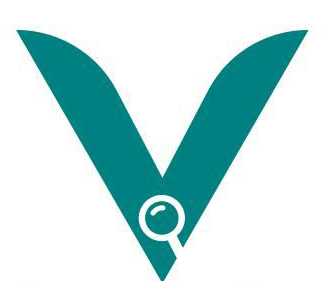Likely Job Description / Responsibilities
Based on what a “Lead Executive ERP D365” role would generally entail, here are the common responsibilities:
- Leading the implementation, configuration, and maintenance of Microsoft Dynamics 365 ERP modules (finance, supply chain, inventory, etc.).
- Gathering business requirements from different departments (e.g. finance, operations, logistics) and translating them into ERP configurations or improvements.
- Conducting fit-gap analyses to identify where standard D365 features do not meet business needs, and determining customizations or workarounds.
- Managing data migration, master data setup, and ensuring data integrity.
- Testing (unit testing, integration testing, user acceptance testing) and ensuring that releases or updates are stable before deployment.
- Providing training, support and documentation to end users.
- Troubleshooting ERP-related issues, responding to user queries, and ensuring smooth functional operations.
- Working with technical teams (developers, IT infrastructure) to manage integrations with other systems.
- Ensuring that ERP workflows align with company policies, compliance, and operational efficiency.
Salary
Competitive
Monthly based
Location
Ghana
Job Overview
Location
Ghana
